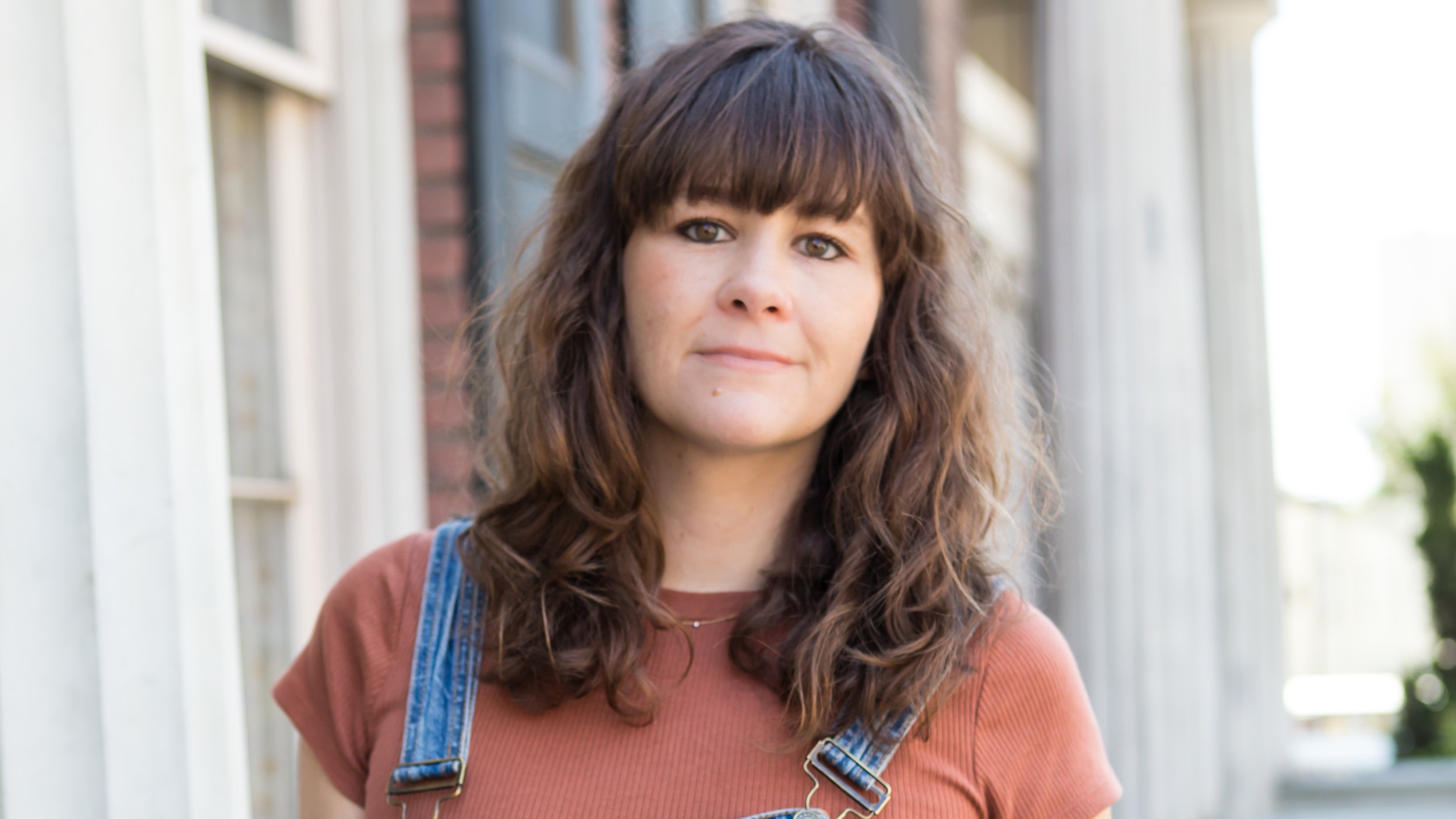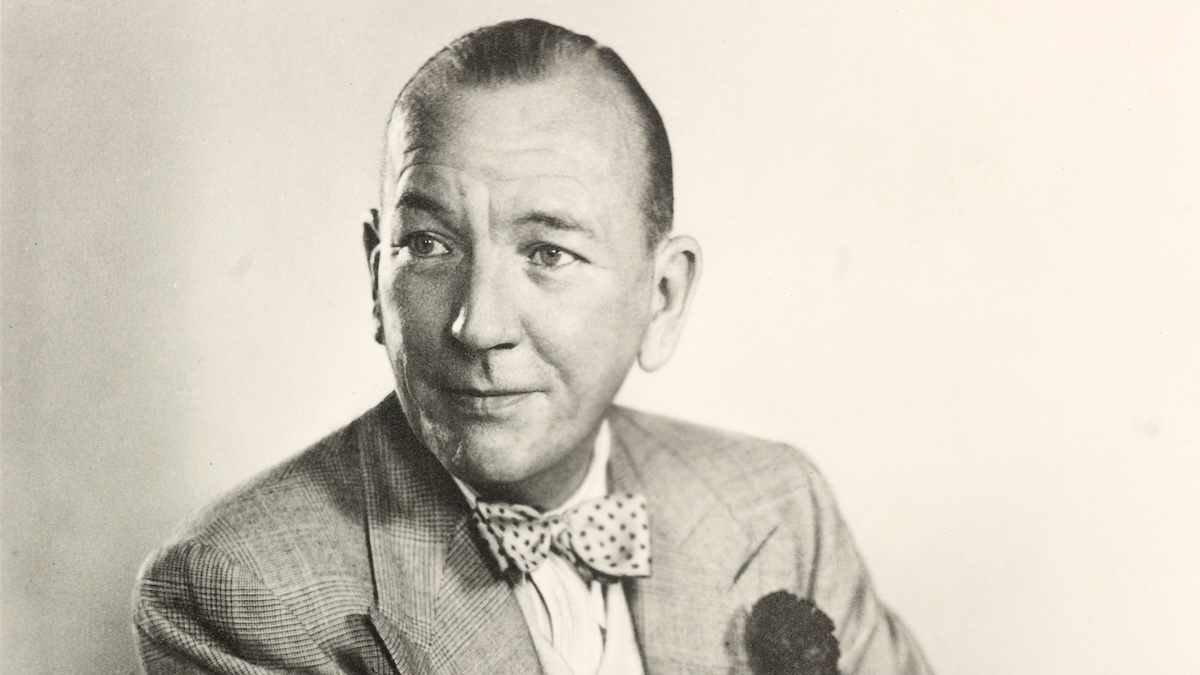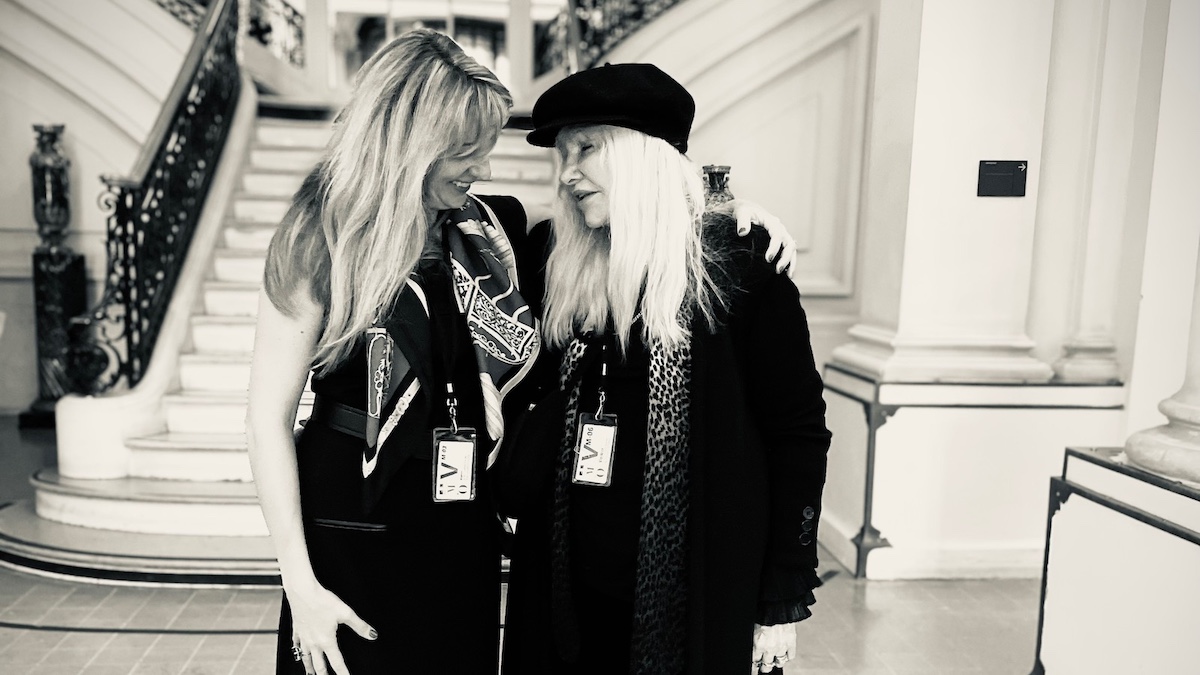
As The Cake prepares to open at MTC this month, we caught a moment with playwright Bekah Brunstetter. Hailing from North Carolina and spending years between the East and West Coast, this play hits close to home for the playwright in terms of subject matter and characters. In this interview we sit down to talk about the inspiration for The Cake, the current production, and exciting projects that are just down the road.
So we are catching you in New York, right on the final days before the opening of The Cake at MTC. So, technically, it is only one day left, now, right? It opens tomorrow?
Yes, previews start tomorrow.
So what is everyone working on today? Are there any last-minute things?
The actors are all resting, thank god. I believe the designers are in there working on cues and the set. I am meeting with Lynne later today to talk about some stuff. I saw it for the first time last night. I saw the final dress. So you know, we are still building it, and there is still a lot to do with it, but the heart is there.
What would you say was your inspiration when you set out to create this play?
Well, I have a lot of people in my life and in my family that are like Della. I feel really protective of them, and I was starting to feel a frustration with how people like Della were being treated and perceived in the media. Even though a lot of times that treatment is fair, a lot of times it’s not. We live in a time where it is really easy to quickly judge people and make assumptions about them, and I was feeling… I wanted to write a play in which a person like her was the hero and then put that character on a journey of change. But I also, to speak out of the other side of my mouth, as protective as I feel about that character, I also have my own anger and frustration with her values. I also wanted to give myself an opportunity to put myself in conversation with her and challenge her. It wasn’t just about supporting her. It was like lifting her up and also challenging her in a debate.
I felt as a fellow woman from down south now relocated somewhere else in a place that feels like a bubble that it is so different from where you are from, that I really identified with Jen when she expressed being torn between her childhood life and this adult life she has created for herself. I was wondering, did this stem from anything personal for you and your experiences?
Oh yeah. That character is 100% me. I grew up in North Carolina. I stayed there for college. I came here for grad school when I was about 21. I lived in New York for about nine years, and I’ve lived in LA for about six years. You know living and working in the theatre community and the television and film community, you are obviously surrounded by a lot of liberal people. I’ve always felt torn between these two worlds, and I’ve always felt ashamed of that feeling because that feeling has made me very silent in a lot of conversations. I was tired of feeling ashamed of that feeling, and I just wanted to embrace that part of myself. And put it into a character. And put it onstage.
Something that I loved while reading this play was the stage directions. They are very whimsical and they feel like their own person in the script. Is that something you set out intentionally to do?
It is just how I have always written my plays. Probably because before I was writing plays I was a fiction writer. I enjoyed prose and describing how people are standing. How they are feeling. How they are looking. One of the first things I ever loved about writing was describing. So there is obviously just a remnant of those things I love in my writing. I like giving the reader an experience when they are reading the play that it is almost like a piece of prose. I think it also started with the fact that so much of being an emerging playwright is having readings of your plays in which the stage directions are read. So you are hearing your stage directions out loud in a public way very often. It’s just another opportunity for me to set the tone and invite the audience into the world of the play. It’s where I have fun.
You have kind of touched on it, but something I felt was so important to me as I read it was that at some point in the story you identify with every one of the characters and nobody walks away being a villain or a saint. Was that important to you? That everyone should identify with somebody?
I don’t think I ever set out to write that. I don’t know if ever in my head I’ve been like, “I hope that everybody that watches this play identifies with every character.” I mean, hopefully that will happen if all the characters are real and human, but for me with this play, the most important thing was people identifying with Della because that’s the character that typical theatre-going audiences would not normally identify with. That is the absolute most important part of this play to me.
I think some people will also know the other project you work on, This Is Us. I think the typical water cooler conversation about the show is always that it has left people weeping, but I also find that your writing for theatre leaves me in a place where I want to weep, especially when I read Going To A Place Where You Already Are. Do you find that your inspiration for writing for TV and theatre is similar in any ways?
Well, you know, This Is Us doesn’t come from me. My boss created it and just happened, Dan Fogelman, he created a show and a world and characters and a tone that is truly a dramedy that is just similar to how I write. I really lucked out and found a place on a show where how I write is really aligned with the tone of the show. I think what we share is that we like situations that are hilarious and also sad. We like that dichotomy. There are definitely similarities because I like to write things that are serious and have depth to them, but then can also become absurd and kind of turn on a dime. We just happen to have that in common.
Are there any last things you can share with our readers about this upcoming production that is maybe your favorite part or that you couldn’t wait to see onstage come to life?
The cakes in this production are the prettiest cakes I have ever seen. My favorite part of working on this play is seeing all the prop cakes. There is a Noah’s Ark cake in the play, and I have this catalog of pictures of all the Noah’s Ark cakes from productions. All the cakes in this specific production are spectacular. They are the ones on the set and there are also some surprise cakes.
Oh yeah like the note in your script!
Oh! I actually don’t know if they are doing that. I need to check with them. I hope that they are!
Okay, well, we will put that in here as a secret. If you want to know what that note is, you have to either come see The Cake at MTC or read the script!
Yes, yes!
And before we wrap up, thank you for being so generous with your time, I have to ask because it was just announced and sounds very exciting. You are working on the book for The Notebook the Musical with Ingrid Michaelson. Is there anything you can share about how this project is starting?
Ingrid and I have been working on it for a long time, about a year and a half, we just happened to announce it just now. We are basing it off more of the book than the movie, and we are really trying to create a piece of theatre that honors the fans of the movie and gives them what they want, but also becomes its own thing. Truly becomes a musical. And Ingrid’s music is stunning…absolutely stunning, and I can’t wait for people to hear it. I was working with her yesterday, and musicals are hard, but we just have an embarrassment of riches in terms of the content we are adapting.
_
To purchase your copy of The Cake, click here, and to learn about licensing a production click here.

Noël Coward’s Travels

Kate Chopin in New Orleans: Mother-Daughter Author Duo Collaborate on Historical Book

